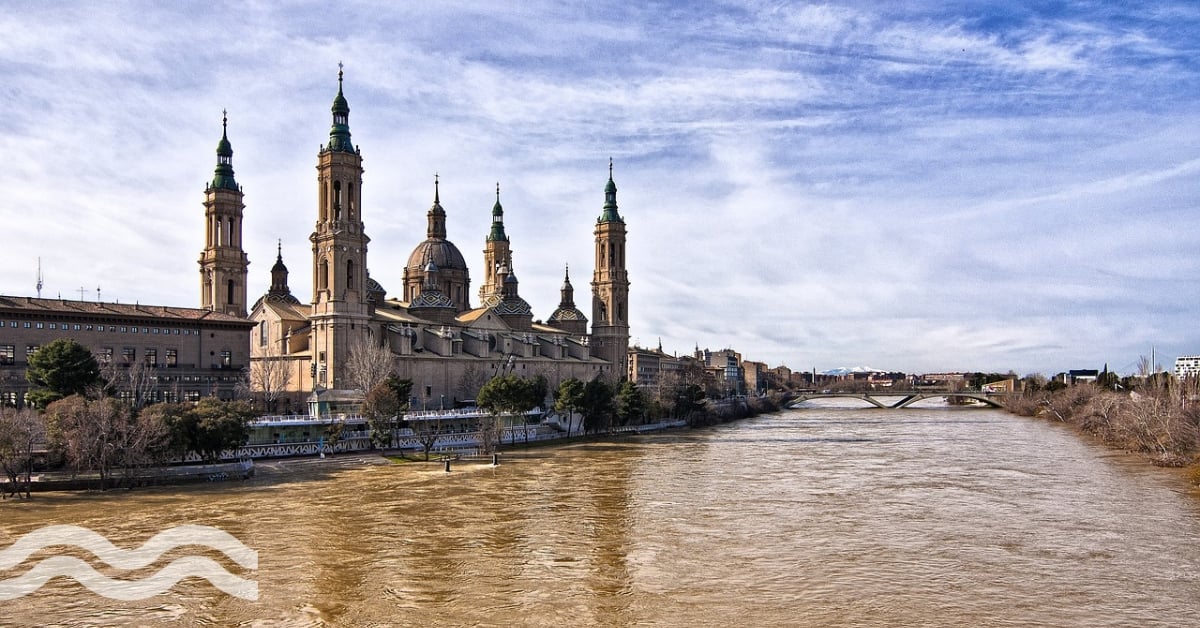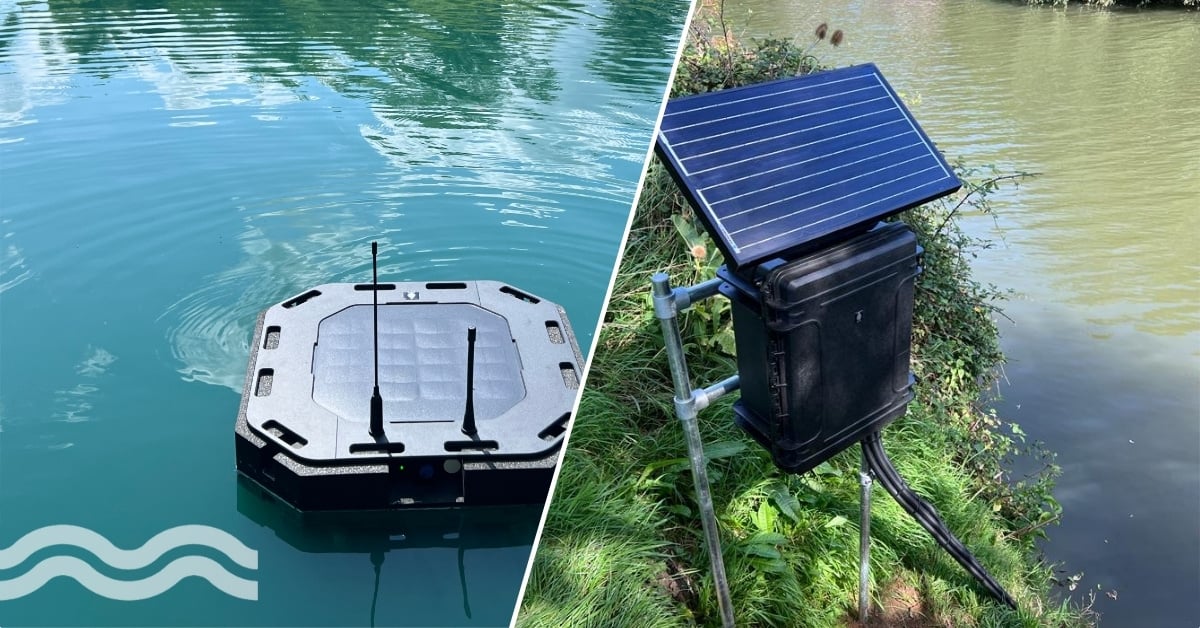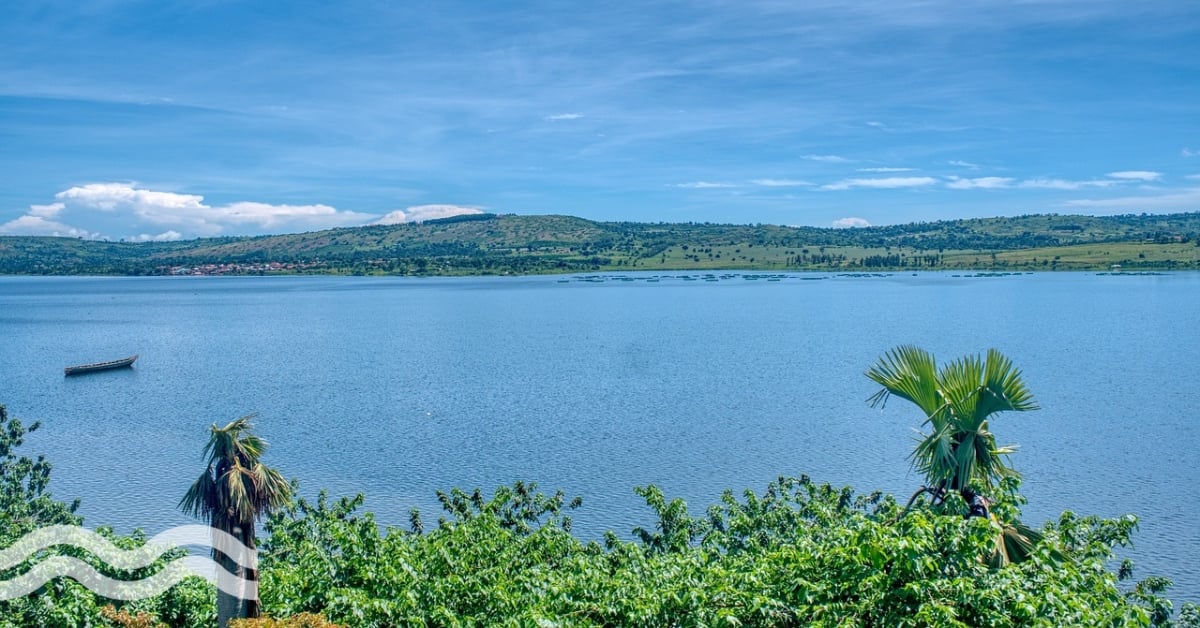Roadwater run-off reclamation spans four countries
.jpg?h=400&iar=0&w=1140)
Four European countries are working together to tackle the problems associated with water running off roads.
Rural roadwater rescue project
The Rural Roadwater Rescue (RRR) project aims to demonstrate the viability and scalability of Climate Adaptive Waterhubs, where water running off roads can be captured, cleaned, stored, distributed, and then used to benefit rural communities in times of water scarcity.
To do this, a northwest European coalition of countries – Germany, France, Belgium, Netherlands – are developing guidance for regulatory frameworks, identifying ways of involving local communities, as well as finding practicable solutions and an action plan to implement them through transformation of existing road networks.
With weather events becoming increasingly imbalanced, the project's stakeholders recognise that existing systems are no longer sufficient to cope with either excess run-off or scarcity.
Transnational collaboration
The project is being coordinated by Rijkswaterstaat – the Dutch Ministry of Infrastructure and Water Management.
Initiator and project manager at Rijkswaterstaat, Stan Kerkhofs, told Aquatech Online: "Roads can play a wider societal role then only bringing vehicles efficiently from A to B. RRR can be seen as first step in broadening the societal role of roads by collecting, treating, transporting water from roads to local demand."
He added: "With more heavy rains due to climate change the present focus is mainly on quickly disposing water from roads. On the other hand, periods of drought and shortages in water also increase. Designing or adapting roads to collect water can contribute to climate resilience of roads and relieve water shortages in the local environment."
The transnational, cross-sectoral, multidisciplinary cooperative network also includes:
- VMM Flanders Environment Agency, Belgium
- CK cooperative Kloostersland, Netherlands
- TZW, DVGW Water Technology Center, Germany
- CEREMA Centre for Studies on Risks, the Environment, Mobility and Urban Planning, France
- IMEC Interuniversitair Micro-Electronica Centrum, Belgium
Multi-functional road networks
Taking inspiration from projects in Heverlee, Belgium, and Oirschot/Kloosters in the Netherlands, the RRR project seeks to demonstrate how traditionally mono-use roads can become part of the wider water management network. For example, can space under or next to the road become temporary reservoirs for road run-off water, and what this would mean in terms of local regulatory compliance for both infrastructure and water quality.
In the longer-term, treatment and distribution of the water will be considered, including how this will fit into local planning and regulatory frameworks.
The RRR project is seen as the initial stage in what will become a framework that can be replicated, implemented, and piloted in other areas.
There are seven key areas that need to be addressed:
- Collection of road runoff water
- Cleaning or reprocessing (natural, semi-technical, technical)
- Storage
- Distribution
- Use
- Avoidance of pollutant inputs
- Influencing ecosystems
Run run-off treatment in action
A meeting of partners in June (2024) took place at the road runoff water treatment plant near Ettlingen, Germany, on the A5 motorway, with an additional visit to the Karlsruhe motorway maintenance department, organised by Die Autobahn GmbH.
Here, the water draining from the motorway collects via gullies. The water is treated through oil separation and sedimentation. The water is stored with further sedimentation taking place in a settling basin. It is then returned to the water cycle in coordination with the lower water authority, either via infiltration into the groundwater or as a discharge into local rivers.


